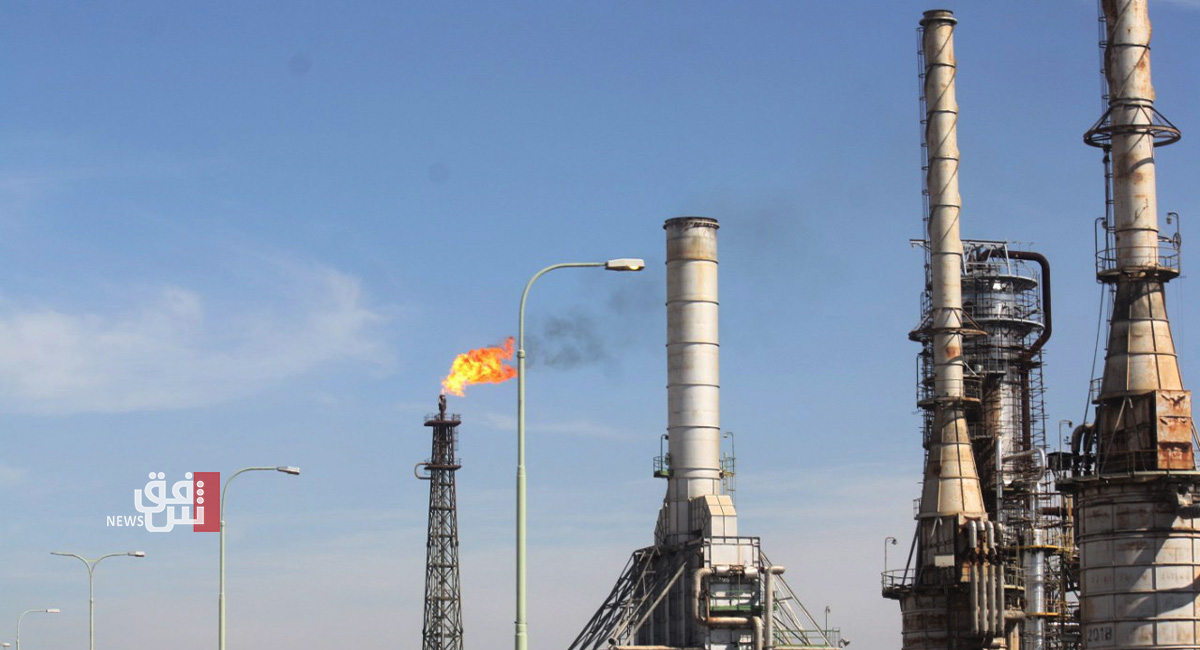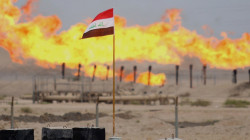Oil prices rise on supply fears amid tensions in Eastern Europe, Middle East

Shafaq News / Oil prices rose on Monday on worries about supply disruption amid rising tensions in Eastern Europe and the Middle East, which could make an already tight market even tighter, while OPEC and its allies continued to struggle to raise output.
Brent crude futures rose 81 cents, or 0.9%, to $88.70 a barrel by 0344 GMT, reversing a 0.6% loss on Friday.
U.S. West Texas Intermediate (WTI) crude futures gained 72 cents, or 0.9%, to $85.86 a barrel, having fallen 0.5% on Friday.
Both benchmarks rose for a fifth week in a row last week, gaining around 2% to hit their highest since October 2014. Prices are already up more than 10% this year on the concerns over tightening supplies.
Fuelling fears of supply disruption in Eastern Europe, the United States on Sunday ordered the departure of family members of staff at its embassy in Ukraine, citing the continuing threat of military action from Russia.
The New York Times reported late Sunday that U.S. President Joe Biden was considering deploying several thousand U.S. troops to NATO allies in Eastern Europe and the Baltics.
In the Middle East, the United Arab Emirates' defence ministry said it destroyed two Houthi ballistic missiles targeting the Gulf country on Monday, with no casualties, the state news agency (WAM) reported.
The OPEC+, which groups the Organization of the Petroleum Exporting Countries (OPEC) with Russia and other producers, is struggling to hit its monthly output increase target of 400,000 barrels per day (bpd).
OPEC+ compliance with long-installed oil production cuts rose to about 122% in December, two sources from the producer group told Reuters, indicating that some members continue to struggle to raise their output.
In the United States, petroleum inventories have continued to slide over the last month, while energy firms cut oil rigs this week for the first time in 13 weeks. Analysts expect cold weather to boost heating demand over the next few weeks.
Source: Reuters





